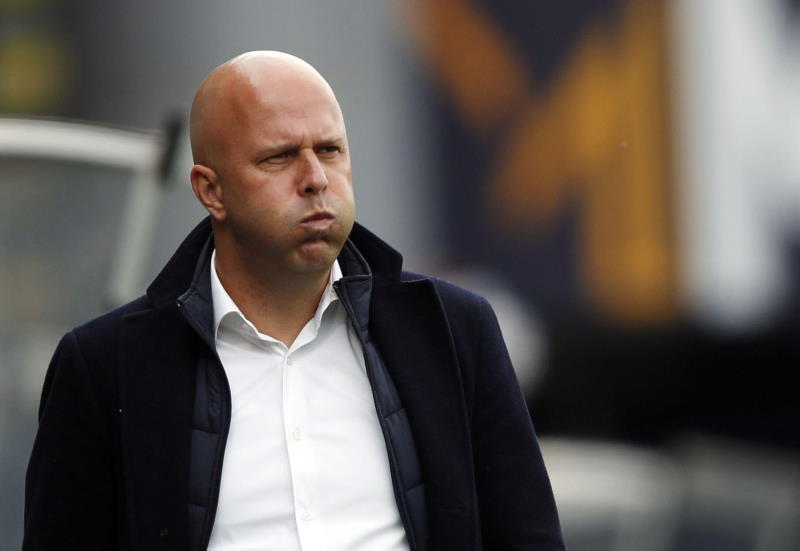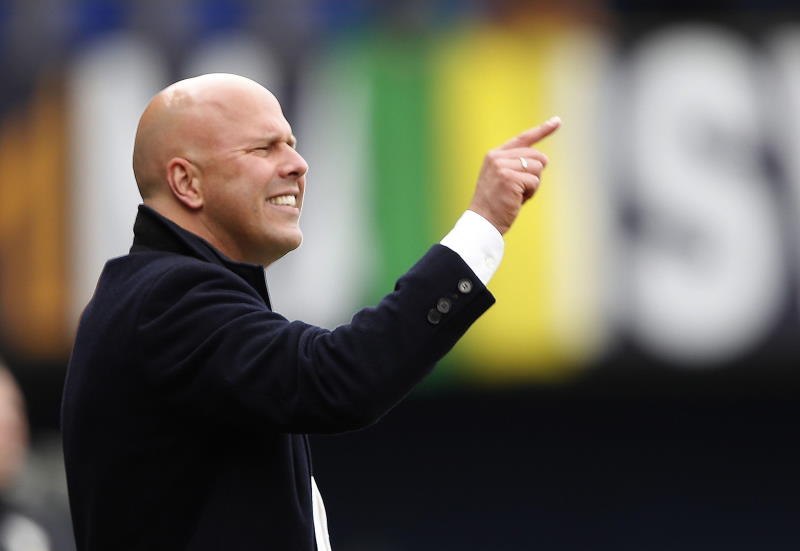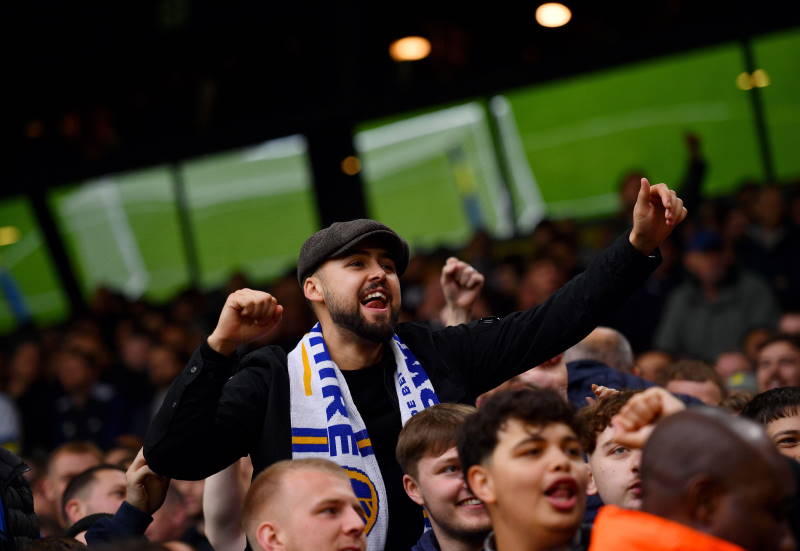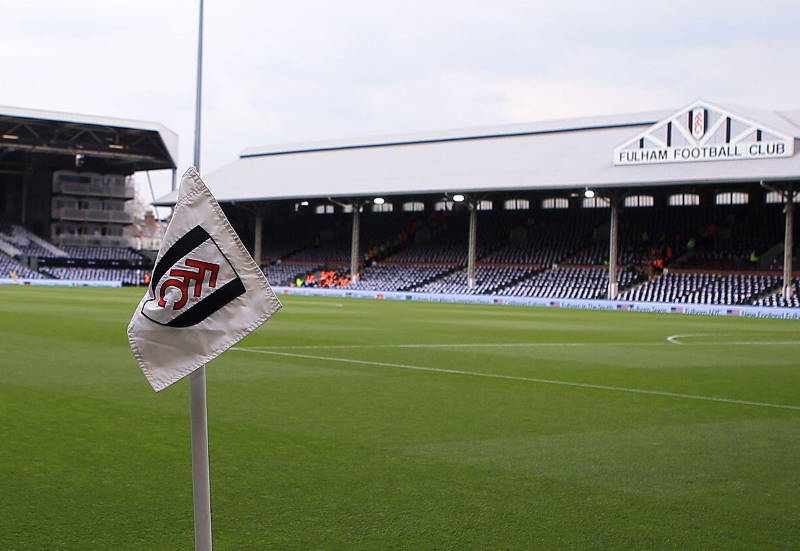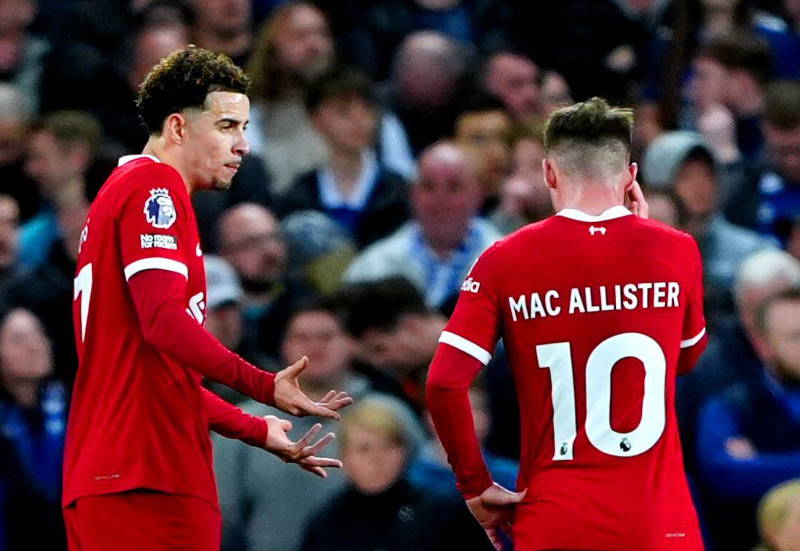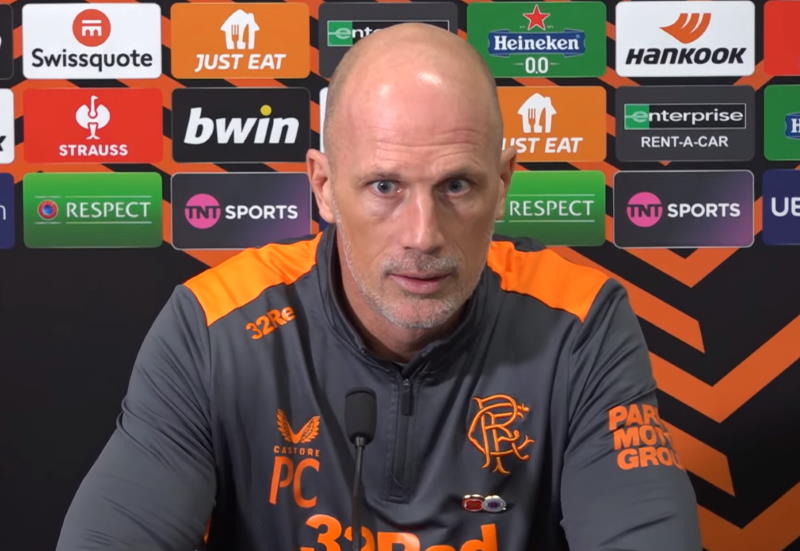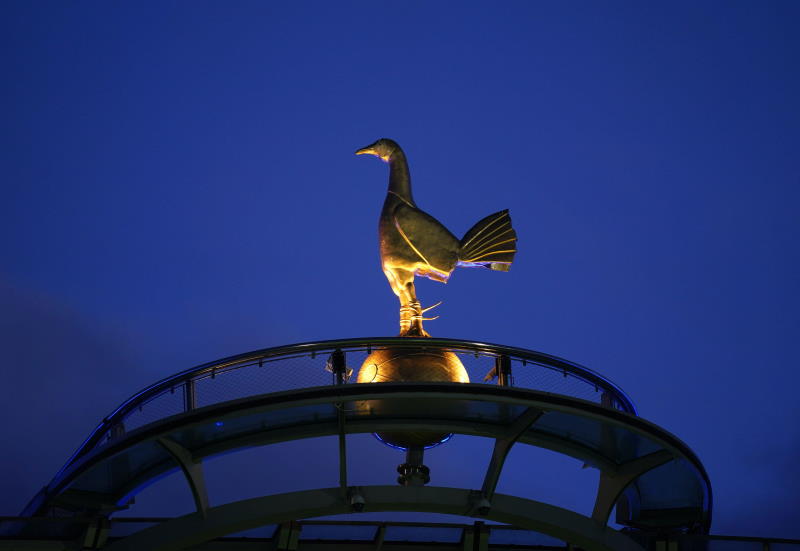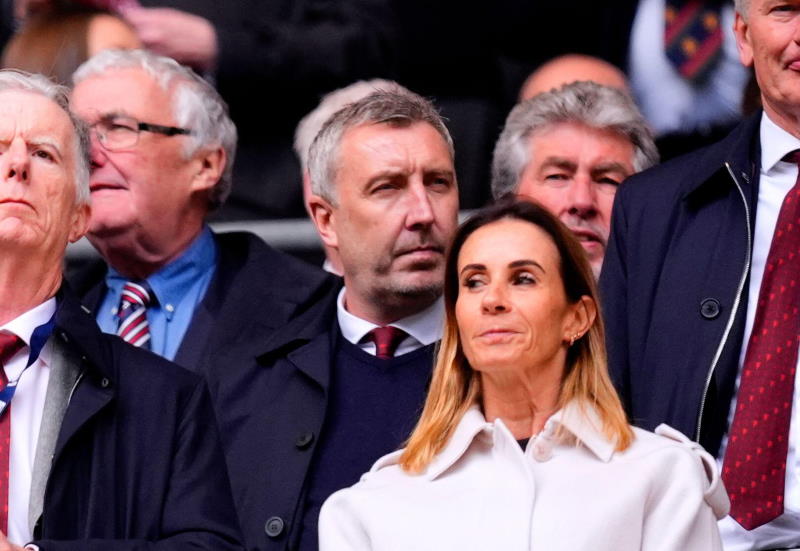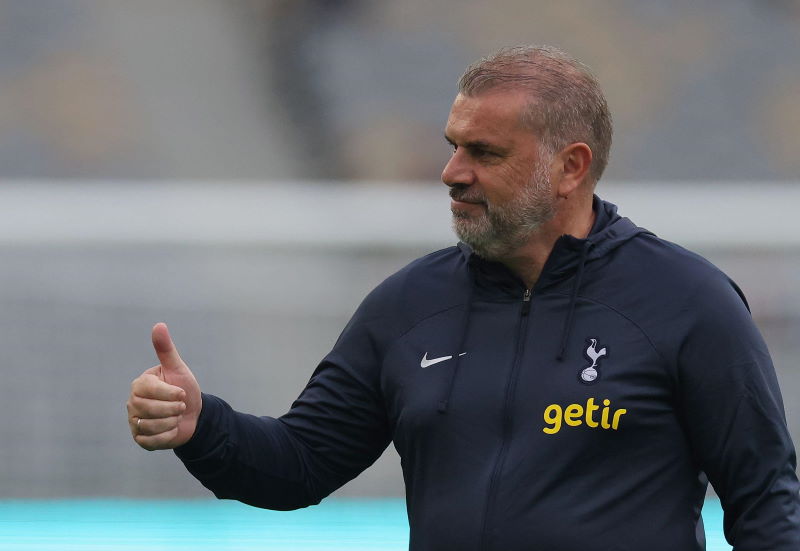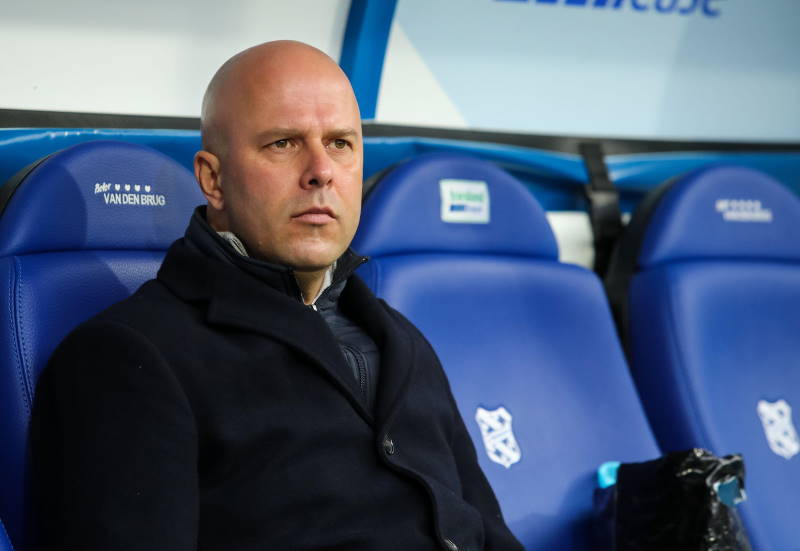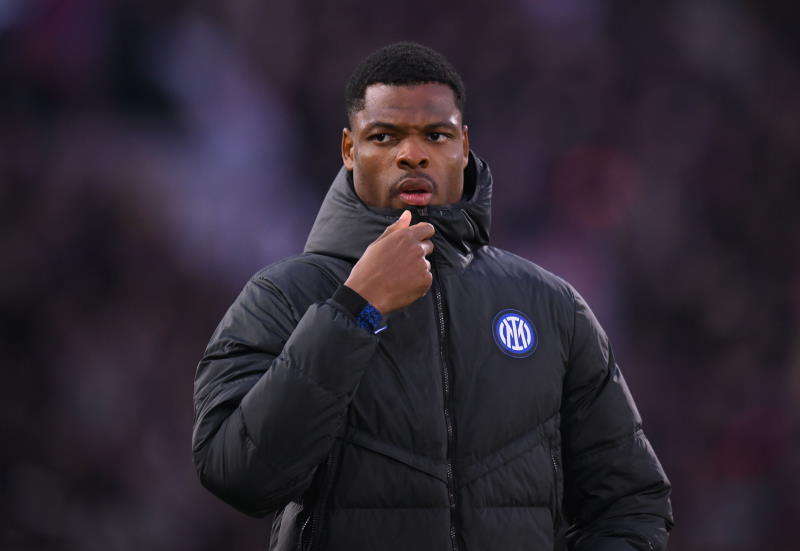
Russia are bidding to host football’s premier tournament for the first time. If successful it could be a landmark moment for a nation continuing to move on from its communist past. The Russian government are eager to win the race to host the 2018 World Cup and Prime Minister, and former president Vladimir Putin has been heavily involved in the bid; the government are also prepared to invest $10 billion as no expense is spared.
The Russians believe they need the World Cup more than their European rivals in order to advance the game within their borders. A compelling case has been made, with Sports Minister Vitaly Mutko stating that Russia needs the tournament to put the infrastructure and stadiums in place so they can become a "real football country".
There are 14 host cities in the bid, with 13 located in the European part of Russia. The proposed venues are in clusters surrounding the principal cities of St Petersburg, Moscow, Volgograd and Sochi. The city of Yekaterinburg is the only city situated east of the Ural Mountains in the Asian part of the Russian Federation. 13 new stadiums will be built if the bid is successful and Moscow’s Luzhniki Stadium will be upgraded to a capacity of 89,000 to make it fit to host the final.
Russia’s proposal has not been without controversy. The now suspended FIFA committee member Amos Adamu has suggested that Russia’s bid team offered him “co-operation”, an allegation the Russians categorically deny. Russia have also been in hot water with their rivals; England’s bidding team submitted an official complaint after the head of Russia’s bid, Alexei Sorokin, described London as a city full of drunks and criminals.
FIFA’s recently published interim report highlighted a number of problems with Russia’s bid. The main concern was transport, specifically air transport and airports with the report noting that major building work was required. The report also praised the bid in some areas however, especially the 13 new stadiums which are planned and the legacy that the 2018 World Cup would leave.
The infamous behaviour of Russian football supporters and heavy handed policing could also prove to be the bid’s downfall and there have been recent reminders of this. Zenit St. Petersburg fans clashed with police in the centre of St Petersburg after the club claimed the Russian Premier League title and in Moscow a pitch invader led to ugly scenes during a Spartak Moscow game at the Luzhniki Stadium.
Awarding Russia the right to host the 2018 World Cup would be a risk as significant investment is required to ensure the country is ready to host the tournament. But after the success of the 2010 tournament in South Africa FIFA might be willing to take that risk, and with the influential Jack Warner stating Russia are one of the favourites, the Russians have more than a fighting chance of obtaining the required number of votes. The political significance of a Russian World Cup also would not be lost on FIFA. 20 years after the end of the Cold War, the tournament could be seen as the event to reintroduce Russia to the the rest of the world.

